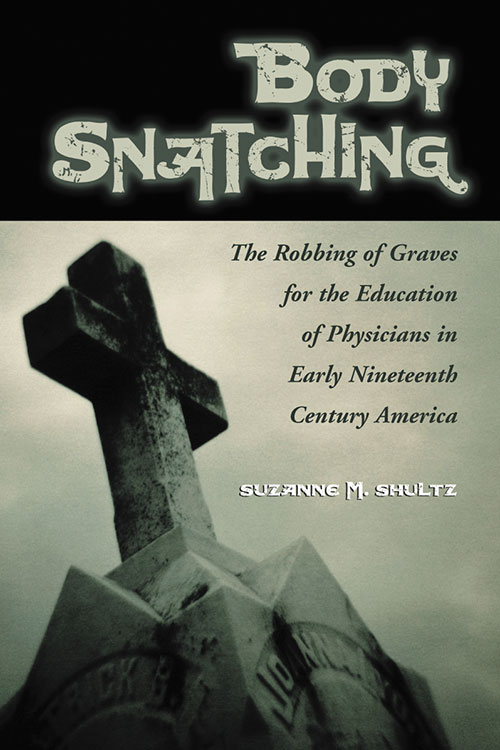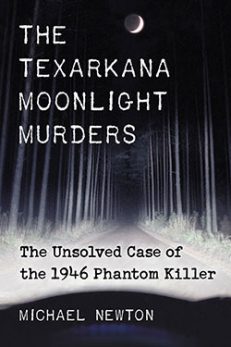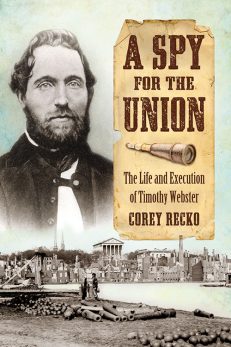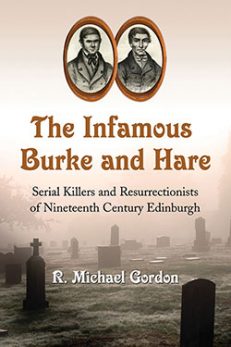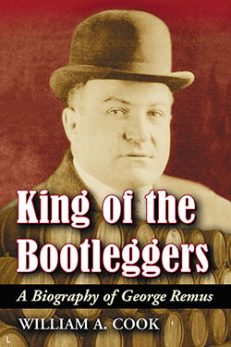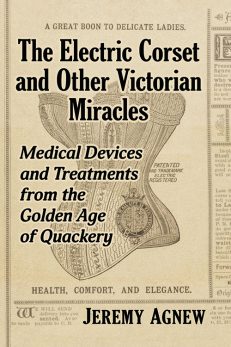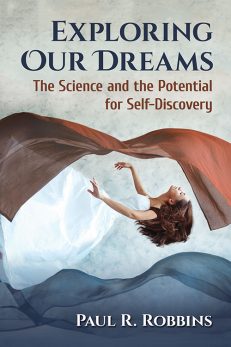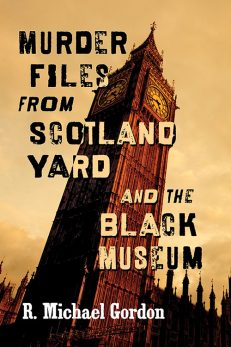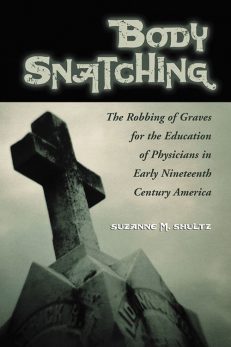Body Snatching
The Robbing of Graves for the Education of Physicians in Early Nineteenth Century America$29.95
4 in stock
About the Book
Also called “resurrectionists,” body snatchers, were careful not to take anything from the grave but the body—stealing only the corpse was not considered a felony since the courts had already said that a dead body had no owner. (“Burking”—i.e., murder—was the alternative method of supplying “stiffs” to medical schools; it is covered here as well). This book recounts the practice of grave robbing for the medical education of American medical students and physicians during the late 1700s and 1800s in the US, why body snatching came about and how disinterment was done, and presents information on: efforts to prevent the practice, a group of professional grave robbers, and the European experience.
About the Author(s)
Praise for the Book
- “exciting, fascinating…unique”—SirReadaLot.org
- “explains why the practice existed, how disinterment of corpses was accomplished and who committed these acts”—Reference & Research Book News
Bibliographic Details
Suzanne M. Shultz
Format: softcover (6 x 9)
Pages: 144
Bibliographic Info: photos, appendices, bibliography, index
Copyright Date: 2005 [1992]
pISBN: 978-0-7864-2232-6
eISBN: 978-1-4766-3217-9
Imprint: McFarland
Table of Contents
Preface vii
Introduction ix
The Horrors of Dissection 1
Post Mortems and Anatomies in the Colonies 9
Dissection for Education 14
Resurrection of the Dead 26
American Professionals 59
Murder! 69
The Coming of the Anatomy Acts 78
The Decline of the Body Snatchers 90
Popular Literature 95
Appendix A: “History of the Anatomy Act of Pennsylvania,” by William Smith Forbes, M.D., 1867 111
Appendix B: Reports of Societies from the Cincinnati Lancet and Clinic, The Academy of Medicine on the Anatomy Act 117
Annotated Bibliography 119
Index 131

